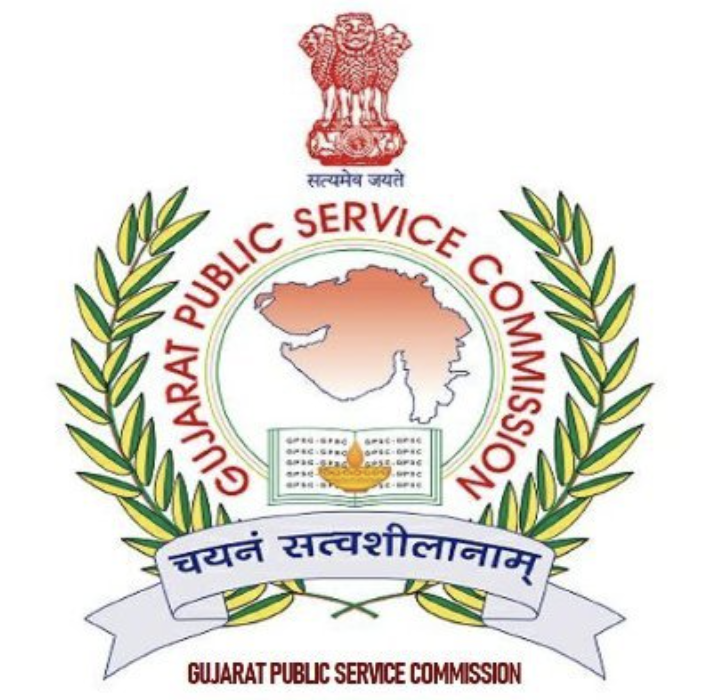GPSC Class 3 Syllabus in Gujarati: DYSO & Other Posts Exam Pattern
GPSC Class 3 Preliminary Exam: Structure and Syllabus Overview
The first crucial step for aspirants aiming for esteemed positions like Deputy Section Officer (DYSO) and Nayab Mamlatdar is clearing the Gujarat Public Service Commission (GPSC) Class 3 preliminary exam. This stage is designed as a screening test to shortlist candidates for the Main examination. As per the official notifications, the marks obtained in this preliminary test are not considered for the final merit list, but successfully qualifying is mandatory to proceed to the next stage. The entire examination is conducted in the Gujarati medium, making a thorough understanding of the gpsc class 3 syllabus in gujarati essential for success.
Comprehensive Exam Pattern
The exam pattern for the GPSC Class 3 preliminary stage is straightforward and focuses on assessing a candidate's overall awareness and aptitude. It consists of a single paper dedicated to General Studies. Based on the information provided in official circulars and recruitment details, the structure is as follows:
Paper: One paper of General Studies.
Format: Objective type with Multiple Choice Questions (MCQs).
Duration: 2 Hours (120 minutes).
Medium of Exam: Gujarati.
Negative Marking: As per Source 1, there is a penalty of 0.30 marks for each incorrect answer, a critical detail for candidates to strategize their attempts.
This structure underscores the need for both speed and accuracy, requiring candidates to manage their time effectively across various subjects within the General Studies paper.
Core Subjects in the General Studies Paper
The gpsc class 3 syllabus in gujarati for the preliminary exam is comprehensive and covers a wide range of topics to test the candidate's general knowledge and mental ability. The syllabus for the DYSO and Nayab Mamlatdar prelims is similar to other GPSC preliminary examinations, ensuring a broad-based assessment. The core subjects include:
Indian Polity, Constitution, Social Justice & International Relations
Indian Economy & Planning
Current Affairs of Regional, National, and International Importance
Approximate Subject-wise Weightage in the Preliminary Exam
While the GPSC does not officially release a fixed weightage for each subject, an analysis of previous years' question papers provides a general understanding of the distribution of questions. This helps aspirants prioritize their preparation. The following chart illustrates the approximate weightage of different subjects in the General Studies paper.
As indicated, subjects like History, Indian Polity, and Geography, along with Current Affairs, typically form a significant portion of the paper. However, a balanced preparation across all sections of the syllabus is crucial for scoring well and securing a place in the mains examination for posts like DYSO.
Decoding the GPSC Class 3 Mains Exam Syllabus
Candidates who successfully clear the preliminary stage advance to the GPSC Class 3 Mains Exam, the second and determinative phase of the selection process. A comprehensive understanding of the syllabus of gpsc class 3 for the main examination is paramount for aspirants. Unlike the objective-type prelims, the mains exam consists of four conventional, descriptive papers, designed to test the candidate's depth of knowledge, analytical skills, and writing proficiency. This section provides a detailed breakdown of the gpsc class 3 dyso syllabus for the Mains exam, which serves as a benchmark for various Class 3 posts.
As per the official exam pattern, the Mains examination is structured into four distinct papers, each carrying equal weightage. This structure ensures a balanced assessment of a candidate's language skills and general awareness.
Total Marks: 400 (100 marks per paper)
Duration: 3 hours for each paper
Nature of Papers: Descriptive/Written
Medium: Gujarati (except for the English Language paper)
Paper 1: Gujarati Language
This paper assesses the candidate's proficiency in the Gujarati language at an intermediate level. The focus is on expression, comprehension, and grammatical accuracy. The paper is worth 100 marks and has a duration of 3 hours. Key topics include:
Essay Writing (on current affairs, social issues, or reflective topics)
Letter Writing (formal and informal)
Precis Writing (Sanksheptikaran)
Reading Comprehension (Gadyarthgrahan)
Translation (English to Gujarati)
Gujarati Grammar (Vyakaran)
Paper 2: English Language
Similar to the Gujarati paper, this paper evaluates the candidate's command over the English language. It is also set at an intermediate level, carrying 100 marks with a 3-hour time limit. The syllabus covers:
Translation (Gujarati to English)
Paper 3: General Studies-1
This paper tests the candidate's knowledge of India's history, heritage, and geography. It is of a graduate-level difficulty, carrying 100 marks with a 3-hour duration. The broad topics outlined in the syllabus of gpsc class 3 are:
History of India: Covering ancient, medieval, and modern Indian history, including the freedom struggle.
Cultural Heritage: Focus on the art, architecture, literature, and traditions of India and Gujarat.
Geography: Physical, social, and economic geography of India and Gujarat, including topics like climate, natural resources, and disaster management.
Science & Technology: General understanding of scientific developments, ICT, and their impact on daily life.
Current Affairs: Knowledge of significant national and international events.
Paper 4: General Studies-2
The final paper of the mains exam delves into the administrative and economic framework of the country. This graduate-level paper is worth 100 marks and must be completed in 3 hours. A key part of the gpsc class 3 dyso syllabus, it includes the following subjects:
Indian Polity & Constitution: Topics include the making of the Constitution, Preamble, Fundamental Rights and Duties, Directive Principles, and the structure of the Union and State governments.
Public Administration & Governance: Principles of public administration, role of civil services, and concepts of good governance.
Ethics in Civil Services: Questions on integrity, probity, aptitude, and emotional intelligence in governance.
Indian Economy & Planning: Structure of the Indian economy, Five-Year Plans, banking system, taxation, and rural and urban development schemes.

